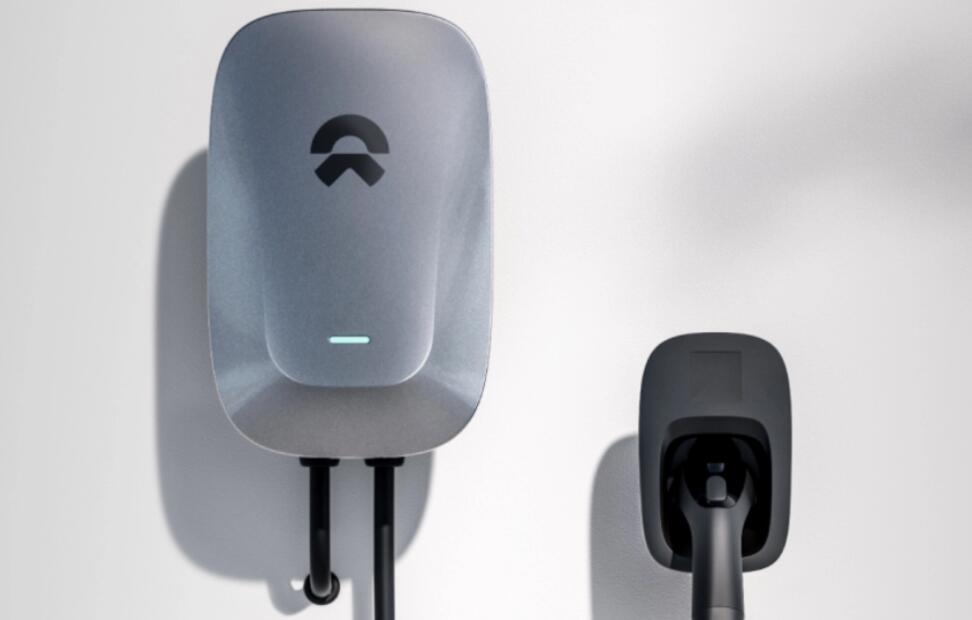
Four weeks ago, JP Morgan analysts led by Nick Lai sharply raised the Nio price target from $14 to $40, representing an 85% upside potential at that time.
Fast forward to today, as Nio has been trading above that price target for the past two sessions, JP Morgan is acting again.
JP Morgan analysts led by Rebecca Wen on Monday raised her price target for Nio from $41 to $46 with an Overweight rating.
Wen expects Nio to enjoy a 30 percent market share by 2025, making it a long-term winner in the premium electric vehicle segment.
She said Nio has played a leading role in transforming the business model for smart electric vehicles in China, where the direct sales model for potential business and consumers is shifting to a business model that provides services through platforms and content, so a higher valuation is justified.
The analyst raises Xpeng's price target from $27 to $43 with an Overweight rating and expects the company to capture a share of the low- and mid-range electric vehicle market.
In the previous report sent to investors on October 14, JP Morgan analysts led by Nick Lai gave Nio an Overweight rating and admitted that "we missed the stock's major rally YTD."
The October report said:
Admittedly, we missed the stock's major rally YTD. Instead of trying to justify a higher PT, we review our long term investment thesis based on our bullish top-down sector view, introduce 2025 earnings projection and draw implication to the current stock price.
We come to the conclusion that Nio remains attractive from a long-term perspective.
We project the company to earn a ~7% market share in the passenger EV market by 2025 or specifically ~30% share in the premium space which Nio focuses on.
Nio stock surged 22.57 percent on the day the JP Morgan report was released.
In pre-market trading today, Chinese EV makers including Nio, Li Auto, and Xpeng all went up before heading south.
Nio shares surged 5 percent soon after the pre-market trading session began. Now the shares are trading 2.47 percent lower, while Li Auto is down by 3.51 percent and Xpeng went down by 1.61 percent.